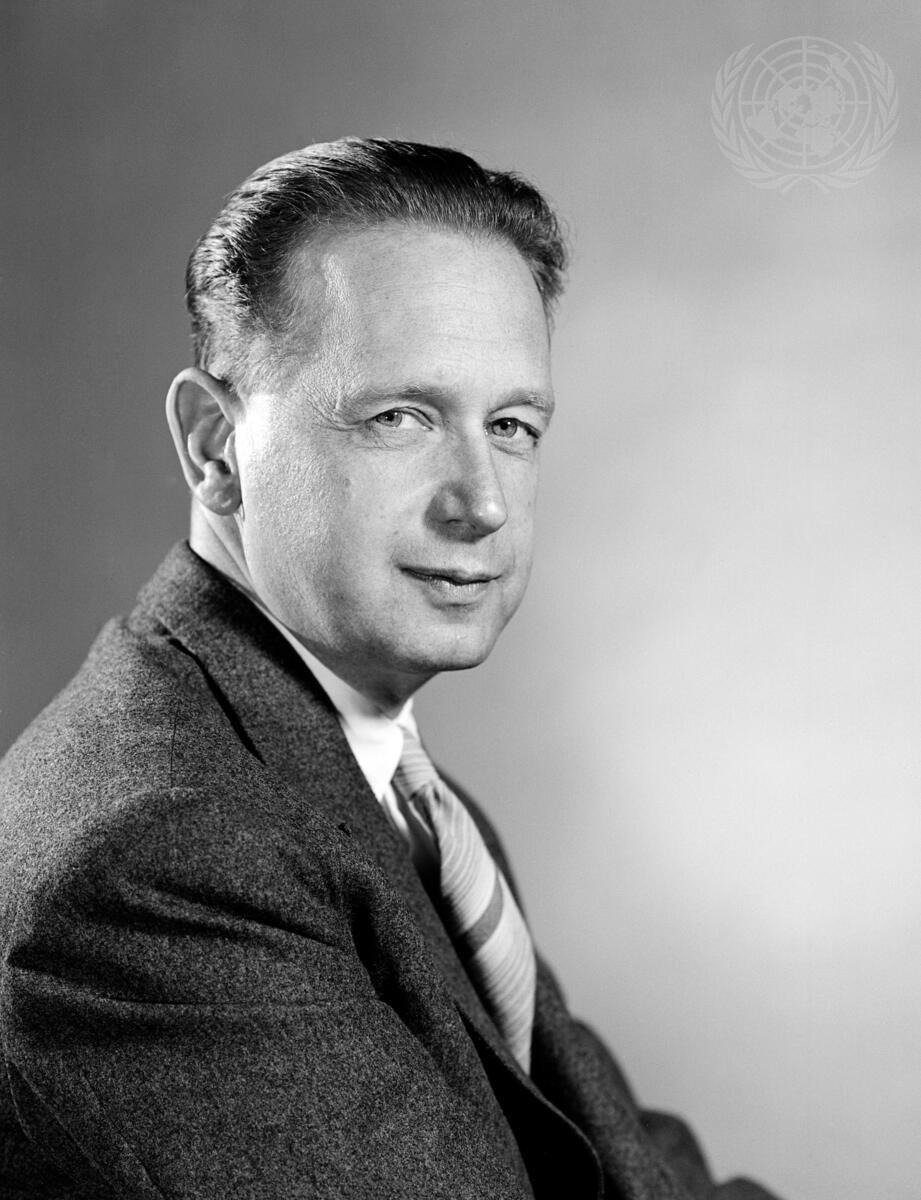On September 18, 1961, UN Secretary-General Dag Hammarskjold died in a strange plane crash near Ndola, Zambia. Though a number of conspiracy theories abound on whodunit and why, writer Sara Causey likes to focus on Hammarskjold’s life and works. She is the author of a forthcoming book about Hammarskjold (which we have previewed and found outstanding), and we spoke with her recently about why his legacy is still relevant to a modern audience.
Dag Hammarskjold is not especially well-known in the United States. What inspired you as an American to delve into his background?
Like so many amazing things in my life, it happened on accident. I was watching a documentary about JFK, actually, when the narrator mentioned that Dag was killed in a bizarre plane crash, the details of which make it impossible to believe it was merely an “oopsy daisy, stuff happens” accident. It was obviously an assassination. From there, I looked into who would want to kill him and it became clear that he must have been doing something right. As I segued from examining the unsettling circumstances around his murder to looking at his work and his words, I thought, “My God, this is an incredible person. I want to know him better and I want other people to as well.”
And so you sat down to write?
Exactly. I guess I’m a typical English major bookworm, so I read voraciously, and I love to watch documentaries. I felt like I had a point of view and a message to deliver so I sat down to write. And the information poured out of me so quickly that I knew I was doing what I was meant to do. I’ve heard other writers describe this sensation of “I had to get it out” and I totally relate.
What are some of Hammarskjold’s character traits that you felt drawn to?
I think he was ahead of his time in many ways. For me as an introvert – an introvert who has been in management roles even more specifically – I appreciated his leadership style. Before terms like psychological safety, cultural sensitivity, and workplace belonging became part of modern parlance, Dag was practicing them inside and outside of the UN. To give you an example, when he started at the UN, he took the time to personally meet every employee – something like 4000 people. Yet the media and contemporary biographers often portrayed him as cold, painfully shy, and socially awkward. Dag wasn’t a loud, rough-and-tumble bully, but presenting him as uncaring and socially inept is absurd. He used a method of quiet diplomacy and didn’t feel the need to trumpet everything he did to the media or to trade barbs and gossip with the press either. For me, one of the driving factors was understanding that he really had the heart of a lion yet was portrayed as a timid mouse who hid in the corner. Or sometimes his enemies would paint his introversion as that of a manipulative schemer who kept quiet because he was plotting something nefarious. And I felt compelled to set the record straight.
In your book you mention the loud political times we’re living in. What do you imagine Hammarskjold would think? Or how would he handle it?
I sort of imagine him taking one look at the tons of screens surrounding us all day and saying, “OK, no thanks” and walking off to the woods. Laughs. Our modern lives are filled with overwhelm. Constant breaking news announcements. With this being an election year, we see plenty of attack ads and political debates that are not focused on policy – they are not events where you can expect to learn
something about substantive issues. It’s about who can make the snappiest comeback and it’s more like watching a comedic roast than a political debate. Meanwhile, red versus blue, donkey versus elephant, what’s the difference anyway? It reminds me of the cartoon of a cow standing outside a slaughterhouse deciding if it wants to go in the left door or the right door. One thing that scares me is the lack of diplomacy. Dag advocated tactics of quiet diplomacy and preventive diplomacy but these days, it seems that diplomacy in general is not even on the table. Situations ramp up so quickly and with the potential to be deadly and warfare erupts seemingly out of nowhere. At the least, a willingness for people to sit down together and work towards a nonviolent solution should be a first course of action, not an archaic idea in history’s wastebin.
When can people expect to see your book hit the shelves?
I’m hoping later this year or in early 2025. There are factors outside of my control, but the wheels of progress are turning, so it’s a busy but exciting time.

